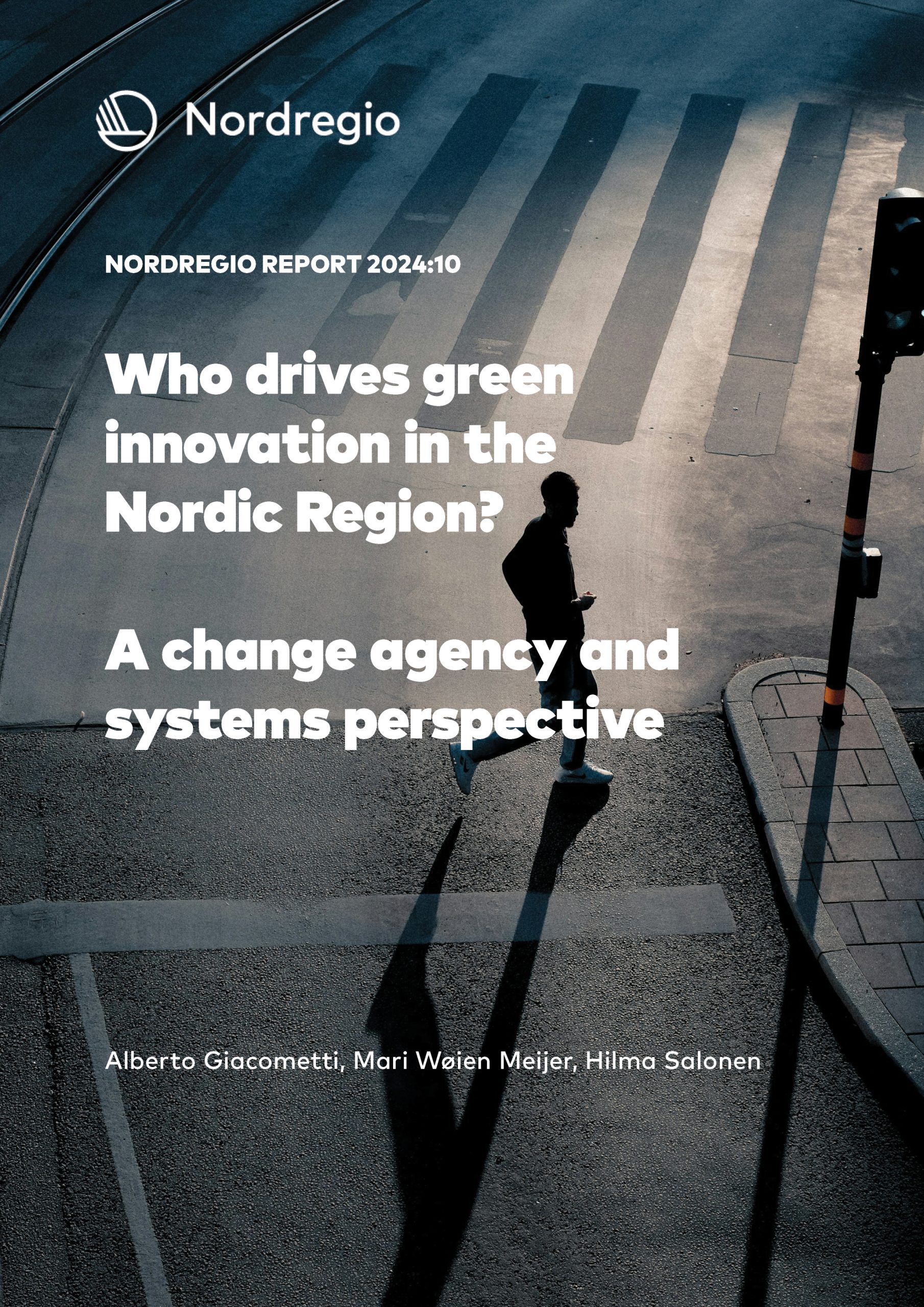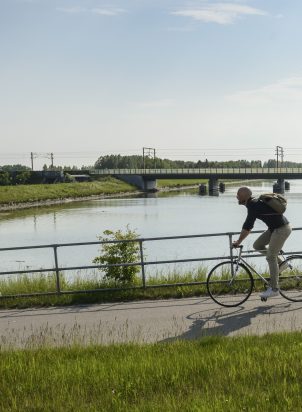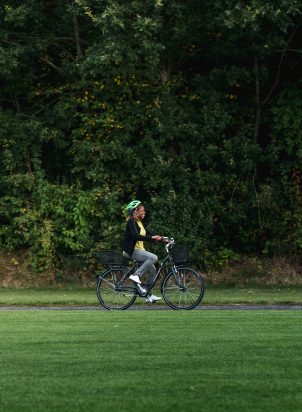In addressing the critical challenge of systemic sustainability, this report explores the need for more than a one-size-fits-all approach in the Nordic Region. It investigates the role of change agency processes and the impact of policies and framework conditions on green transition changes in business sectors. Our two case studies reveal some of the bottlenecks and drivers of innovation and explore them from a systemic perspective and in different geographic scales, both from a place-based and place-less perspective.
The methodology adopted in the report is comprehensive, including a deep dive into the evolution of innovation theory and policy, following by an in-depth analysis of green innovation in two sectoral developments, including multi-storey wood construction and the so-called ‘protein shift’. It examines the roles of different stakeholders, including governments, businesses, and communities, in fostering an environment conducive to systemic change. The report relies on the academic and policy evolution of innovation theory and practice, identifying, what is argued to be, an emerging generation of innovation policies focused not only on economic but also on societal and environmental goals, which has generated a heated debate. To add nuance to this debate, our report utilised sector-based case studies relying on expert interviews to shed light on the roles of different agents in producing, not only technological but systems innovation. Against the background of systems innovations theory, this study provides some insights into the relevance of place, and proximity – not just geographic, but cognitive, institutional, organisational and social proximity.
Key findings reveal that systemic green innovations in the Nordic region happen as a result of the sum of multiple actors intentionally and unintentionally driving change in place-based and place-less settings. Several obstacles hinder setting a clear direction to innovation and path creation as these barriers are deeply entrenched in governance complexities, social institutions, and place-based industrial and structural path dependencies. Disrupting technological and systems ‘lock-ins’, is therefore, not the role of single agents but the result of multiple ones acting on a place-based or technology-based setting, and requires enhanced policy frameworks, and entrepreneurial public institutions moving beyond setting the ‘rules-of-the-game’ to actively orchestrating action, mobilising stakeholders and facilitating co-operation.
The report emphasizes the significance of knowledge exchange and the creation of trust-based networks to accelerate the adoption of green innovations. It concludes by demonstrating that different green innovations develop under very different conditions and processes.








